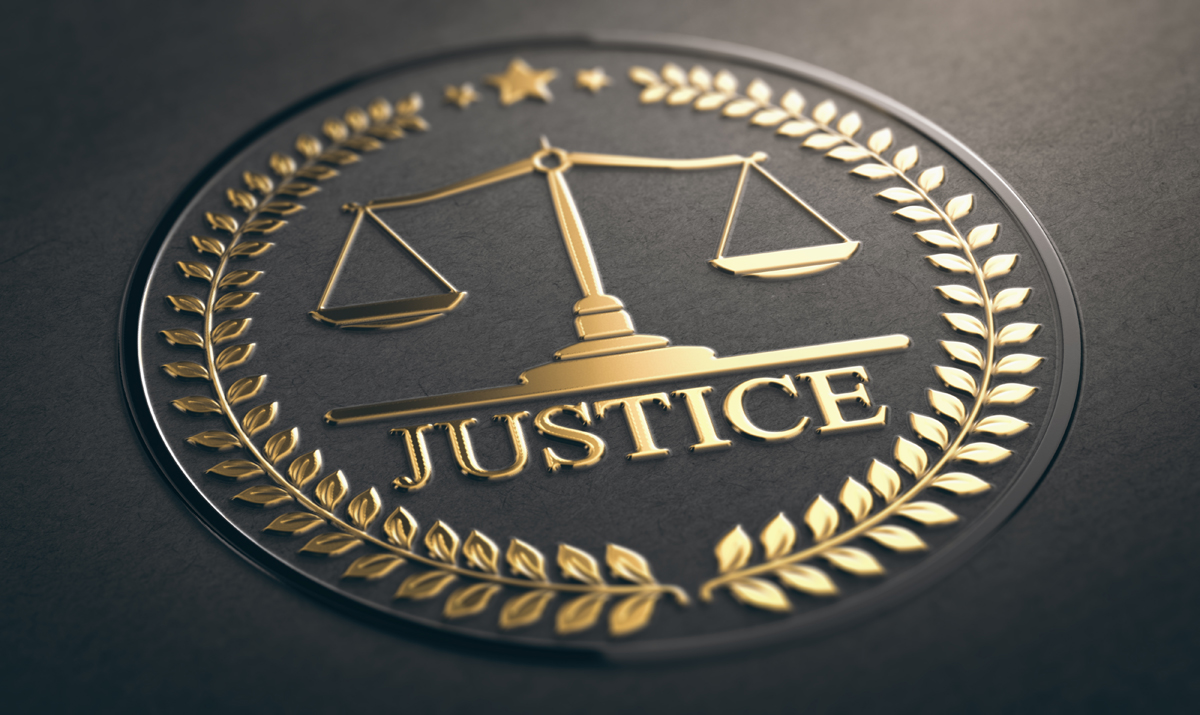How Much Jail Time For A Felony Drug Charge?

Felony drug charges often result in prison sentences longer than one year combined with a high level of criminal fines. However, misdemeanor drug charges are usually associated with lower fines and jail time instead of a prison sentence. Read on to learn more.
The Differences
Felony and misdemeanor charges may be dependent on a number of factors including:
- Were the drugs being sold?
- Were the drugs being trafficked?
- The kind of drugs.
- The amount of drugs.
If you have small amounts designed for personal use you may face a simple misdemeanor, however possession of large amounts may lead to felony possession charges being pressed. In the majority of situations, the distribution of trafficking of drugs is considered to be a felony.
Examples of Felony Drug Charges
- Depending on state and federal laws, felony charges can be pressed if the type of drug and the quantity you have is considered “Possession of A Controlled Substance.” For example, a higher amount of marihuana would be required to face felony charges as opposed to crack cocaine.
- Selling drugs can result in felony charges especially if you have more drugs that what can be considered reasonable for personal use.
- Drug trafficking does not have to involve selling of drugs. Felony charges can result from transporting drugs and penalties may be increased if state lines are crossed in the process.
Schedules
Drugs are classed into schedules. For example. Schedule I are drugs that are considered high risk and have no to little medical use. Schedule V drugs have more applications and pose a lesser risk than Schedule I drugs.
Consequences Of Felony Drug Charges
Drug charges are serious. First offense felony drug charges normally lead to a minimum of one year in prison as well as fees and fines. A felony conviction for possession can lead up to two years of prison time and fines in four to five figures. As we said earlier, the penalties can differ regarding the amount and type of drug and whether it was being trafficked or sold and if the person is a repeat offender or not. First time offenders may face up to three years in prison and repeat offenders between three and fifteen years with very heavy fines in both cases.
Immigration Consequences
The immigration status of an individual found guilty of felony drug convictions may be extremely jeopardized. If it is considered a “crime of moral turpitude” an immigrant may face removal or be deported and have their green card taken away. They may also be forbidden from visiting the United States again.
Talking To A Lawyer
It is really important to speak with a criminal law attorney area when you face felony drug charges. They can help you get the best possible outcome.
Source: Rivera, Jose. “Felony Drug Charges.” LegalMatch Law Library, 15 Oct. 2019, www.legalmatch.com/law-library/article/felony-drug-charges.html.
Need A Criminal Defense Lawyer In Scottsdale or Phoenix?
Canterbury Law Group’s criminal defense lawyers in Phoenix and Scottsdale will defend your case with personal attention and always have you and your best interests in mind when offering legal solutions. Call today for an initial consultation! We handle criminal defense cases in all areas of Phoenix including Mesa, Tempe, Chandler, Maryville, Apache Junction, and more.
We are experienced criminal defense attorneys and will fight for you to obtain the best possible outcome. Our firm will rigorously represent you, so you can get on with your life. Call today for an initial consultation! 480-744-7711 or [email protected]
*This information is not intended to be legal advice. Please contact Canterbury Law Group today to learn more about your personal legal needs.










